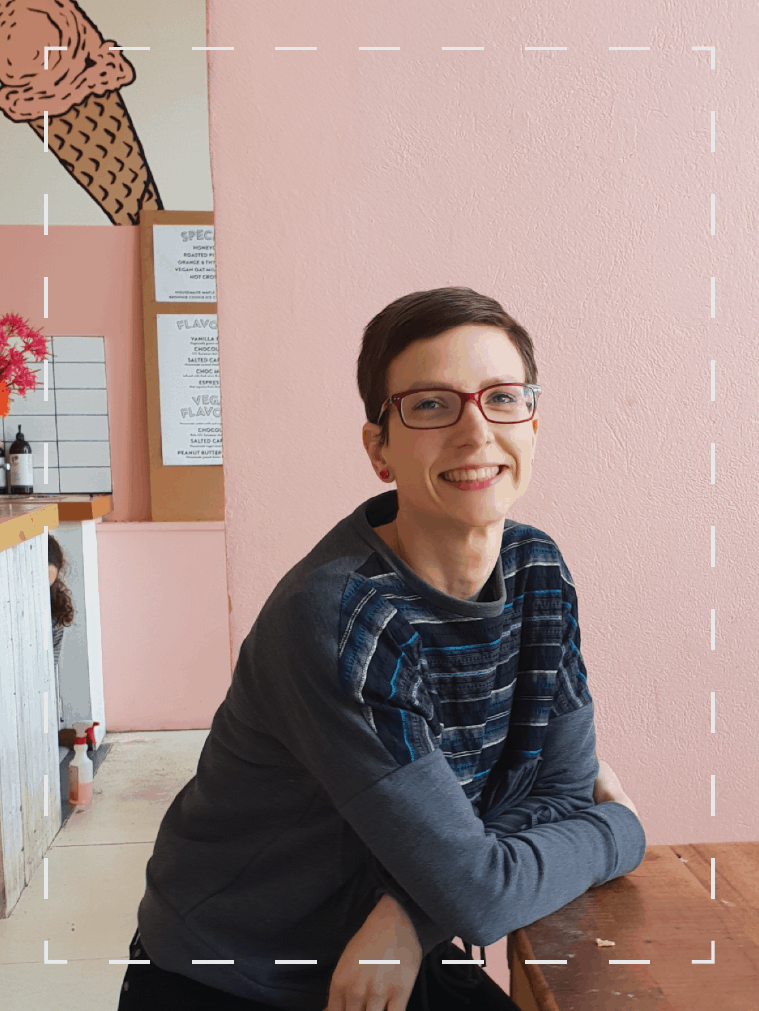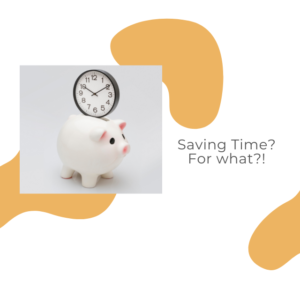
everything feels heightened and quite rushed in your body and around you. You’re probably rapidly talking, rapidly eating, rapidly opening and closing computer tabs, jumping from one thing to another. I.e. Doing Overwhelm. There’s also a sense of pressure and a sense of constriction, like you’re at the edges of your capacity and you may combust at any time. AAAAhhhhhhh!
Instincts
A task that needs to be done for a client or boss, or the phone ringing for the 100th time today has the potential to rattle you completely. You feel somewhat paralyzed and/or demotivated and you can’t help but feel snappy or cranky. These responses become understandable when we see them for what they really are… these responses stem from our fight, flight and freeze instincts. They are our survival responses and they kick in when we feel threatened.
And as we know, nowadays, our brains aren’t just on the lookout for lions and tigers. We can feel threatened when we’ve taken on too much and when we’re being asked to do more than we are capable of at a given moment. And so we either snapback, or we avoid and ‘freeze’, which is when we shut down.
It’s no wonder that overwhelm has this power over us. It’s an uncomfortable feeling! And we’re mainly taught to try and avoid it. How many times have you pretended you’re fine? Tried to be faster? Drank more coffee? Or gave yourself a hard time for not being able to do more than you’re doing right now?
Living small
If you’re anything like my clients, then I’m going to guess that you’re answer is quite a lot! So let’s look at what’s behind the feeling. First of all, ask yourself, is any of the above helpful? Logically we know that giving yourself a hard time for feeling overwhelmed is unhelpful. Not only does it make you feel bad about yourself but it dismisses the valuable information that overwhelm gives us.
Yes, you read that right, VALUABLE INFORMATION. Weirdly, we need overwhelm. We need it because it’s an internal gauge as to how much we can do, feel, or think at this time in our growth.
Stop for a moment and consider what life would be like if you never felt overwhelm?
Ha! Yes, you’re probably thinking ‘BLISS! Amazing! Sign me up!’ but let’s dig a bit more deeply…
Having no overwhelm means living small, keeping things safe, limited growth.
At some points in our lives, breathing space such as these moments may be but if that’s where we lived for good, that’s all we’d ever get. No adventures, no new experiences, no opportunity to reach our full potential. No to that promotion, no to that new client. No, no, no, no. A whole lot of no!
New perspective
So what if overwhelm felt comfortable… if it felt ‘whelm’ instead (#10thingsIhateaboutyou anyone?). Really try and imagine that. It’s tricky, hey? In part it’s because we wouldn’t quite get the message that we need. It would be missing the mark because it wouldn’t be alerting you to something that you know you need to change or address. Because no one changes something that’s comfortable or ain’t broke, right?
This is a new perspective on overwhelm, so give yourself the space for it to grow on you. Observe it and see what is it showing you?
Generally, it’s pointing out the edges of your capacity. Those edges aren’t static though, they can grow and change. So the next time overwhelm pops up it’ll be slightly different and it’s useful to take note of how different it does feel. But back to your current experience. What this current experience of overwhelm will do is stretch you so the next time a similar experience comes about you’re completely able to take it by the horns.
Technical error
In the present moment though, it means that you’re at the edges of your capacity. So something needs to change at this point in time to allow your edges to soften and expand. It could be that you need to give yourself a little bit more time to do something. It could be that some of the engagements, appointments, or tasks that you have aren’t as important as they appear at first glance and can be delayed or deleted. Or maybe you need to ask for help. Working with clients I’ve found that some of the tasks or appointments that happen to be stretching their capacity too much can easily be delegated to somebody else which gives them more breathing space.
It’s because of this that I find it best to approach overwhelm as a technical error. One, because it’s much easier to approach it this way, and two, the reality is that there are still only so many hours in the day to get things done. Bringing it all back to this basic fact focuses us and makes us reconsider our choices.
Time, tasks and resources – these three need to all add up in order to get things done and keep your head. It’s impossible to fit ten hours worth of activities into a three hour slot. Not only is it impossible but it’s not fair to expect ourselves to be able to achieve that.
Observe yourself
And this is why the message of overwhelm is so important. Knowing where the edges of your capacity are is very important because you can then more accurately allocate your capacity in the future. Feeling overwhelmed does not mean that you are inadequate. It doesn’t mean that you’re not good enough. Feeling overwhelmed does not mean that you’re not okay. This is simply information about your current capacity. So give yourself a moment to observe and absorb what you are learning. Notice the sensations that you are experiencing now. The emotions and the thoughts.
It can feel strange to think of overwhelm as a useful tap on the shoulder. But if you’re open to getting curious about what that means for you and what needs to be addressed, then there’s a wealth of information for the taking.
Take this forward with you – maybe a Post-it note near your work space with ‘Overwhelm is teaching me something’ so you remember. Go gently with yourself and keep in mind that it’s more helpful to be curious, than critical, of overwhelm.

Talk soon,
Christie








